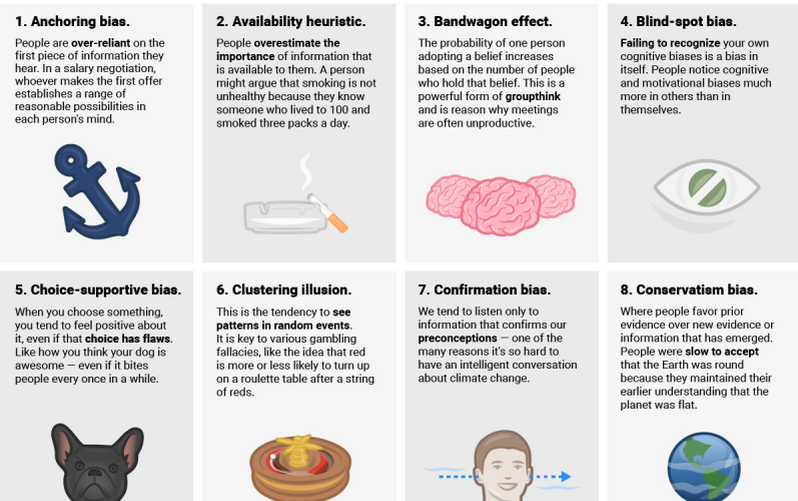We’ve all been there. Reading the Bible can become boring. Our eyes are on the page but our minds are everywhere else; because everywhere else is just so much more interesting. That black book without pictures just isn’t quite so exciting as the black device that can show us anything in the world in just a click. We may pick up our Bibles, open the pages, and scan the lines, but our hearts just aren’t in it. We force ourselves to read our chapter(s) or fill up our allotted time, but we really can’t wait to finish and get on to much more fascinating and enjoyable things.
It’s not good, is it? You know, it’s bad, but you don’t know what to do. Well, here are some ideas to help you re-ignite your Bible reading. If you have any strategies that have helped you, leave them in the comments box to help others too, will you?
1. Routine. If our Bible reading is not fixed for a particular time each day, and we’re just hoping a time slot appears, we’ll end up squeezing it into too small a space. Best to pick a time and get into a habit of reading each day at that time. If you are already in a good habit of reading at the same time each day, and your reading has become boring, the worst thing you can do is give up your routine and only “read as the Spirit moves.” You’ll hardly read at all then. Pick a time, and stick at it.
2. Sleep. No, not during your reading, but before it. Many times boredom sets in because we’re shattered with exhaustion and we just don’t have the energy to read in an interactive and profitable way. Get yourself a good 7-8 hours sleep each night and you’ll find that a much brighter mind will produce much brighter reading.
3. Ban the cellphone. If you check your phone before you check your Bible, the Bible is going to lose. The Internet and Social Media is crack cocaine for the brain. The Bible requires careful cutting, chewing, and digesting. The former is quick thrills; the latter is a slow roast. Check your Bible first and it won’t feel such a let down to your brain. And put your phone away as you read; even if it’s not pinging and buzzing, the brain sees it and is expecting it, causing further distraction.
4. Read a different version. Sometimes we’ve got too familiar with the words we’ve read many, many times. Why not read a different version alongside your favorite one, to jog your mind out of its normal ruts and make you see words and sentences in a fresh light.
5. Read more slowly (or quickly). If you are reading a chapter a day, slow down to just a few verses a day to make you think and meditate more (10 tips on meditation here). Or speed up for a time, reading more chapters more quickly in order to get a better overview of a book. Just change it up a bit. If you are in a difficult part of the Old Testament, add a few verses from the New each day.
6. Read a devotional first. Sometimes our hearts need to be warmed up. I usually sing or read part of a Psalm before reading my chapters in the Old and New Testament. You could read a daily devotional or sing a spiritual song to light up that cold heart.
7. Use a study Bible. I don’t advocate this as something to use all the time, because it’s important that we learn to think for ourselves when we read the Bible and not just have others think for us. Also, people can spend more time reading the notes than the Bible itself. But, now and again, for a few weeks at a time, you could use a study Bible or brief commentary to help you get excited about the Bible again.
8. Accountability. Ask your wife, husband, friend, to ask you about your Bible reading each day. If we know someone is going to ask us what we read and what we learned from our Bibles that day, that usually sharpens our concentration and therefore increases edification.
9. Need. If we don’t need something, we don’t value it. If I don’t see my need of the Bible, I won’t value it. I’ve always noticed that my periods of dull Bible reading usually coincide with dullness of soul. When I don’t see my sin, when I think I’m doing quite well really, then I don’t see the Bible as so essential to my life and well-being. But when I’m convicted of my sin and weakness, I then see the Bible as more necessary than my daily food and drink.
10. Remember who is speaking. Our listening depends on who is talking and what he or she is talking about. Before you start, remind yourself of who is speaking – God – and what He is speaking about – your eternal salvation.
11. Pray. Confess to God that you find reading the Bible boring. Ask him to show you if it’s because you are unconverted, and you need to be born again to get the spiritual sight and tastebuds to make you savor and relish His Word. Pray that He would open your eyes to see the beauty and wisdom of His Word. If you are a Christian, confess your coldness and deadness of heart, and ask for the Holy Spirit to enliven and inspire you again. Ask Him to show you if there is any sin that is keeping back His blessing.
12. Serve. If we’re only eating and not exercising, we’ll soon lose our appetite. But if we are serving God, seeking opportunities to bless His church, or witness to others, we exercise our souls, get hungry, see our need of strengthening and guidance, and we devour God’s Word more greedily.
What other ways have you found to re-ignite your Bible reading during seasons of dryness and deadness?














